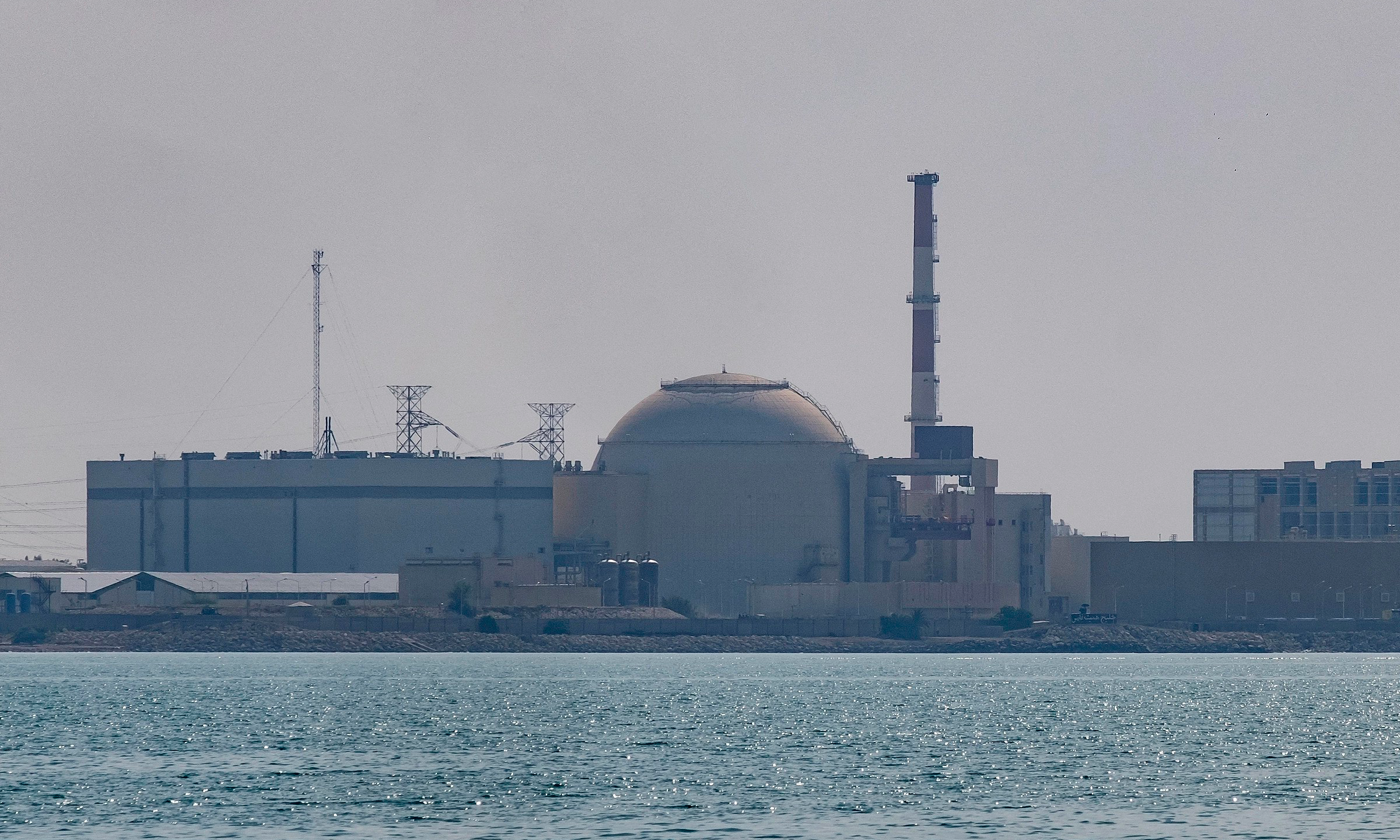International Atomic Energy Agency (IAEA) inspectors have resumed work at the Bushehr nuclear facility in southwestern Iran, IAEA Director General Rafael Grossi announced on 27/8. This marks the first IAEA team to enter Iran since Tehran suspended cooperation with the agency last month.
Grossi stated that discussions are ongoing regarding expanding inspections to other Iranian nuclear sites, but an agreement has not yet been reached. "We are continuing our dialogue to be able to go everywhere, including the sites that were affected", he said, referring to locations targeted by the US and Israel in June.
The IAEA director emphasized that Iran cannot limit inspections solely to "facilities that weren't attacked". "There is no such thing as selective inspection", he affirmed.
 |
The Bushehr nuclear power plant in Iran in 4/2024. Photo: AFP |
The Bushehr nuclear power plant in Iran in 4/2024. Photo: AFP
Behrouz Kamalvandi, spokesperson for the Atomic Energy Organization of Iran, confirmed the IAEA inspectors' presence to oversee fuel replacement at the Bushehr nuclear power plant. He didn't comment on whether they would be granted access to other facilities.
Iranian Foreign Minister Abbas Araghchi stated, "The final document on the new framework for cooperation with the IAEA has not yet been approved, and discussions are continuing".
IAEA inspectors left Iran following Israeli attacks in mid-June on several nuclear and military facilities, as well as residential areas, resulting in over 1,000 deaths. The US subsequently joined the operation, targeting three nuclear facilities: Fordow, Isfahan, and Natanz.
Iran retaliated with missile and drone strikes, causing dozens of casualties in Israel. A ceasefire agreement between the two countries took effect on 24/6.
Iran then suspended cooperation with the IAEA, citing the agency's failure to condemn the US and Israeli attacks. Under the suspension law passed by Tehran, IAEA inspectors can only access nuclear facilities with approval from the National Security Council, Iran's highest security body.
Tehran has repeatedly emphasized that future cooperation with the IAEA will take a "new form".
The return of IAEA inspectors follows talks between Iranian diplomats and representatives from the UK, France, and Germany in Geneva on 26/8.
The discussions centered on European warnings of reinstating UN sanctions against Iran before their full lifting in mid-October unless Tehran agrees to limit uranium enrichment and resumes cooperation with the IAEA.
Iranian Deputy Foreign Minister Karim Gharibabadi warned on 27/8 that the current cooperation between Iran and the IAEA would be "severely affected and could cease" if sanctions are reimposed.
Pham Giang (According to AFP)












